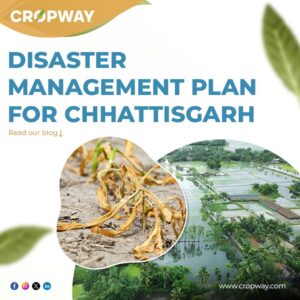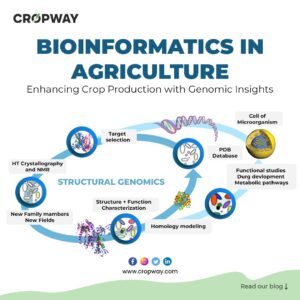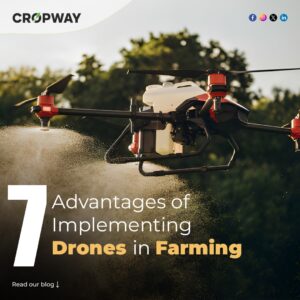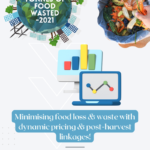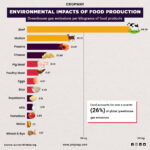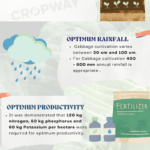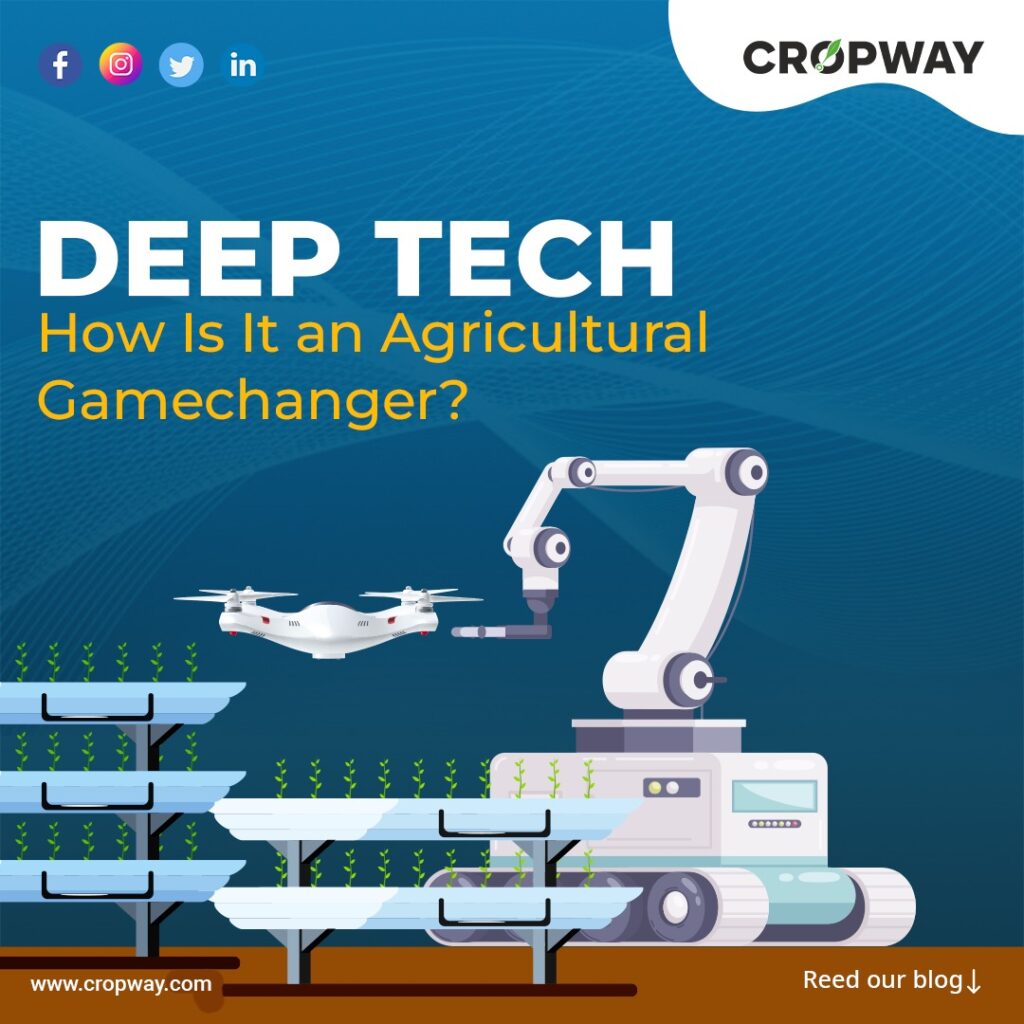
What is Deep Tech in agriculture?
As agriculture grapples with the need for sustainable progress amid growing challenges, Deep tech in agriculture represents a paradigm shift, grounded in scientific breakthroughs rather than conventional business model innovations. Deep tech innovations such as robotics, plant wearable sensors, aerial imaging, blockchain, AI, and advanced materialsetc. emerge as vital tools to balance profitability with environmental preservation. The emphasis is on technologies directly contributing to food production, leading to the evolution of Agtech as an exciting and rapidly evolving field.
Agtech: Navigating Challenges and Opportunities
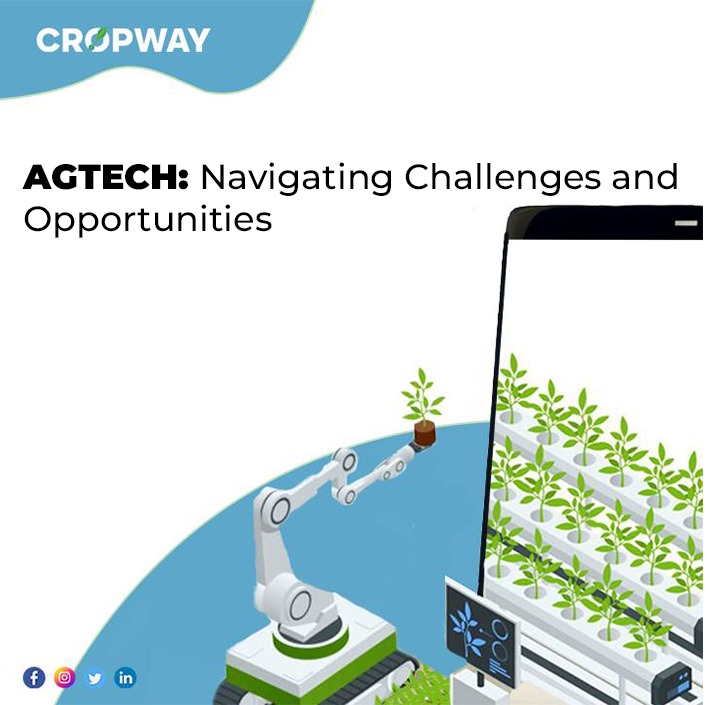
The dynamic landscape of Agtech, the fusion of advanced technologies with agriculture, opens numerous opportunities for businesses, scholars, and startups to harness deep tech solutions in addressing challenges within the agri-food sector. The agricultural workforce decline and challenges faced by companies emphasize the urgency for advanced technologies. Technologies like the Internet of Things (IoT), sensors, robots, unmanned aerial vehicles (UAVs), digitalization, and artificial intelligence (AI) step in to revolutionize various aspects, from crop health monitoring to yield prediction and optimization of pesticide and fertilizer usage. The following are some of the examples of the key areas of deep tech in agriculture:
1. Robotics & Drones
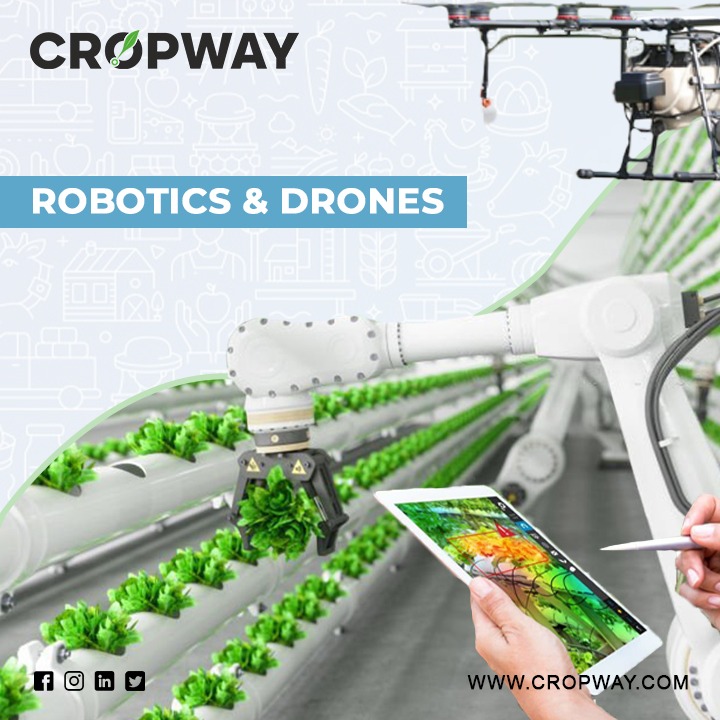
- Traditionally, crop monitoring involved labor-intensive methods, but recent technological strides have transformed the landscape. Sensor-equipped drones and tractors provide higher-resolution information about crop conditions, surpassing the limitations of low-resolution satellite data. Cropway understands the importance of this so provides drone spraying, monitoring/surveying, &field analysis services.
- The next frontier in crop monitoring involves individual plant monitoring through wearable plant sensors. These non-invasive devices attached to crop plants enable continuous monitoring of temperature, humidity, moisture, and nutrient levels. Data derived from these sensors can optimize yields, reduce resource usage, and detect early signs of disease, contributing to enhanced agricultural productivity.
2. Artificial Intelligence (AI) & Machine Learning:
- AI has many uses in agriculture space. One such example is in the form of AgriRobots, that offer solutions ranging from crop health monitoring to automated harvesting and soil management. Predictive analytics customize crop fertility plans, addressing challenges such as labor shortages, energy consumption concerns, unpredictable weather conditions, and supply chain irregularities. These AI-powered innovations play a pivotal role in overcoming barriers to sustainable agriculture, making them indispensable tools for the modern farmer.
- Cropway uses AI to customize nutrient application, detect diseases, crop price & demand enabling farmers to identify which produce will be most profitable, improve their crop yields and resource management.
3. Blockchain & Spatial Technology
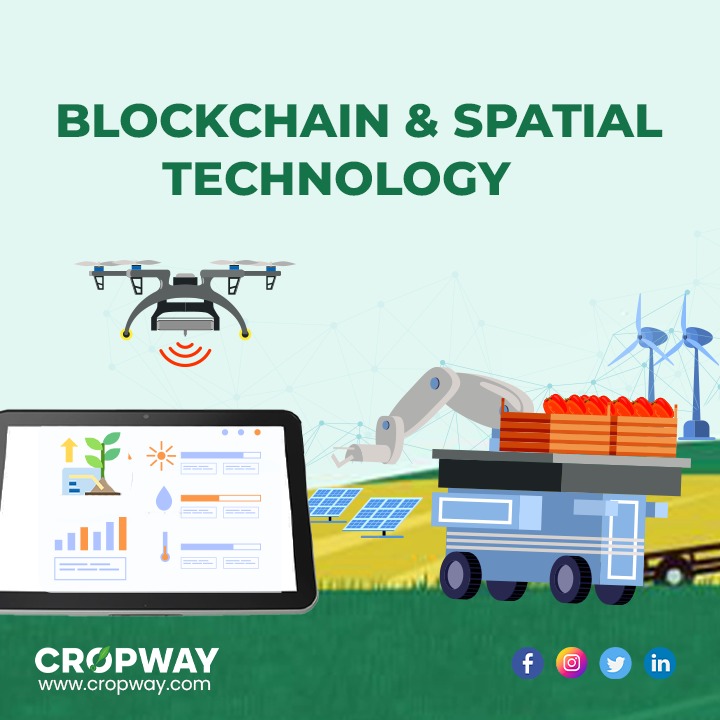
- The blockchain ensures transparency and traceability in the supply chain, offering a secure and immutable record of transactions. This not only enhances accountability but also addresses concerns related to food safety and authenticity. Read more on how cropway does this?
- In the geospatial space, Cropway utilizes cutting-edge technology to provide farmers with accurate and real-time information about their fields. Geospatial data, combined with AI algorithms, enables precise crop advisory and farm intelligence. Cropway empowers farmers with actionable insights, from predicting crop yields to detecting potential pest or disease threats, facilitating informed decision-making.
4. Advanced Materials
- The integration of advanced materials in agriculture marks a significant shift towards enhancing productivity, sustainability, and environmental safety. Materials such as advanced polymers, biomaterials, nanocarbon materials, and biofertilizers play crucial roles in this evolution.
- The groundbreaking CRISPR-Cas9 technology, honored with a Nobel Prize, now finds application in creating insect and drought-resistant crops, addressing harsh growing conditions worldwide.
- Additionally, advancements in microbiome engineering, facilitated by phages (viruses infecting bacteria), present opportunities to enhance human well-being and agricultural productivity. Phages offer targeted solutions for pest control, reduction of pathogen transfer in farm animals, and potential profitability increase by minimizing crop loss and animal mortality.
Conclusion
In this exploration of deep tech in agriculture, we delve into the transformative potential of Artificial Intelligence & Machine Learning, Drones & Robotics, Blockchain, and Advanced Materials. Cropway, as a technology solution provider, stands out by seamlessly integrating these advancements into their platform, offering farmers a holistic and sophisticated approach to modern agriculture. These advanced technologies are revolutionizing farming practices and post-harvest processes, balancing profitability with sustainable progress while protecting the environment. By leveraging deep tech solutions, Cropway is at the forefront of the agricultural innovation, offering a comprehensive suite of full stack farm-to-fork technologies to empower farmers, enhance crop productivity, crop protection, and drive sustainable agricultural practices.

